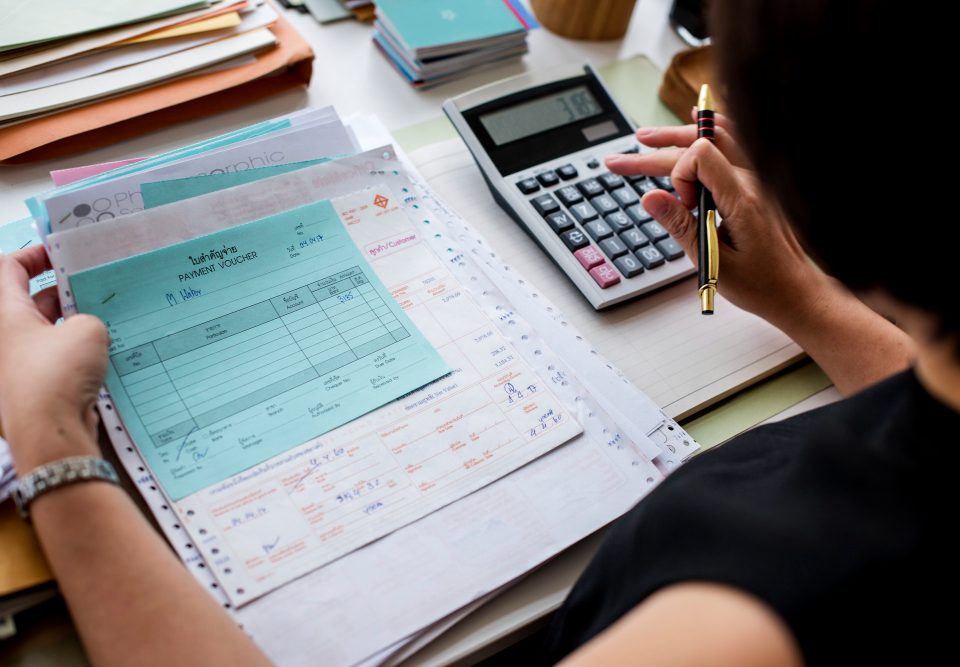Filing company accounts and tax returns can often throw up a lot of questions. We want to make sure you feel fully informed and empowered to tackle filing business taxes online, so we’ve put together this guide to answer some of your most frequently asked questions. We’ll focus on breaking down exactly what corporation tax is and how to file company accounts and tax returns.
Frequently Asked Questions
What is corporation tax?
Corporation Tax is tax paid by companies on their profits. This is inclusive of:
- Investment income profits
- Trading profits – that means any profits your company receives from carrying out their service
- Chargeable gains from selling business assets for more than their cost
Profit is the amount of income left over after the business has paid all its expenses.
Who needs to pay Corporation Tax?
Generally speaking, all limited companies incorporated in the UK should be paying Corporation Tax. Where sole traders and partnerships submit Self-Assessment tax returns and pay Income Tax on profits made, limited companies pay Corporation Tax instead.
In some cases, other organisations which don’t class as limited companies might also need to pay it. This includes the likes of housing associations and members’ clubs.
How do I register for Corporation Tax?
The easiest way to register for Corporation Tax is to do it when setting up your business. Why? It means you won’t forget to do it further down the line! You can register at the same time as registering your business at Companies House.
If you decide to do it later, just make sure it’s within 3 months of starting to trade or risk being fined. Remember, trading doesn’t just mean sales but actually refers to any business activity!
Registering for Corporation Tax should be relatively simple, you’ll just need to sign in to your business tax account using Government Gateway ID and have your UTR handy.
What type of tax return do I need for Corporation Tax?
The first step of paying Corporation Tax lies in submitting a Company Tax Return. Also known as a CT600, a Company Tax Return is filed by most companies with HMRC each year to report on financial info. This includes things like earnings, losses, loans and any other factors relevant to their tax liability. Doing this allows HMRC to calculate how much Corporation Tax you owe.
What is the current rate of Corporation Tax?
| Company’s Profits | Corporation Tax Rate |
| Under £50,000 | 19% |
| Over £250,000 | 25% |
| Between £50,000 and £250,000 | 25% (marginal relief available) |
Though companies with profits between £50,000 and £250,000 also pay a rate of 25%, you may be able to get it reduced by a marginal relief. The easiest way to work out if you are eligible and how much will be available to you is by using HMRC’s online calculator.
How do I pay Corporation Tax?
The easiest way to pay is to log into your company’s HMRC account online and head over to ‘view Corporation Tax statement’. From there you just need to select the correct accounting period and have your personal details, including reference number, ready to go.
You can also settle your Corporation Tax bill through online banking, over the phone, or, if you have a paying-in slip from HMRC, through a branch of your bank.
What’s the deadline for paying Corporation Tax?
9 months and 1 day following the end of the accounting period that it relates to. Yep – that means paying your Corporation Tax bill comes before submitting the tax return.
Can I reduce my Corporation Tax bill?
You’ll be pleased to hear there’s actually several ways that you can reduce your Corporation Tax bill in an entirely legal way. Here are a few of your options:
- Pay yourself a salary – as salaries are an allowable expense, you can offset them against your profits in order to reduce your Corporation Tax bill.
- R&D tax relief – in some cases, limited companies can claim tax relief against the cost of research and development work. Bear in mind that it does need to meet the strict R&D relief criteria.
- Claim all of your allowable expenses – this is where top-notch bookkeeping is key. Maintaining excellent financial records means you’ll be able to easily see which expenses are ready to claim tax relief.
- Claim capital allowances – if you purchase any assets for your business (machinery, equipment, property improvements, etc.) you might be able to lower your tax bill by claiming Capital Allowances.
Need Help With Your Filing?
That’s what we’re here for. Whether it’s about filing business taxes online or Corporation Tax returns, we have the right skill and expertise to assist you. Get in touch with us today to speak to one of the team or check out our company accounts filing page for more info on our services.










